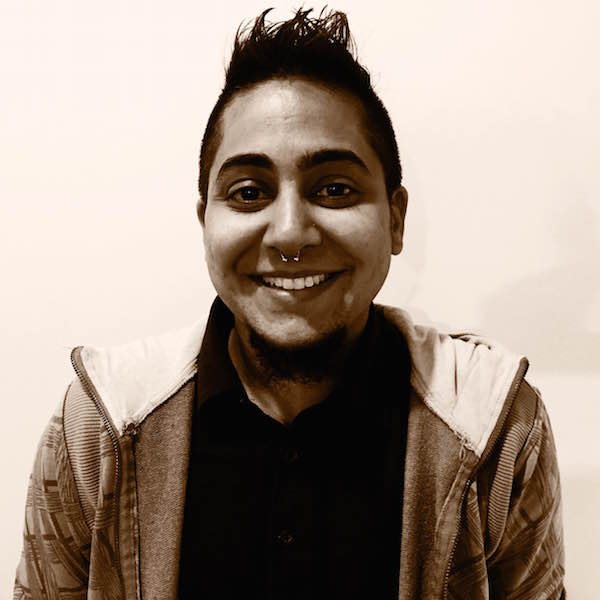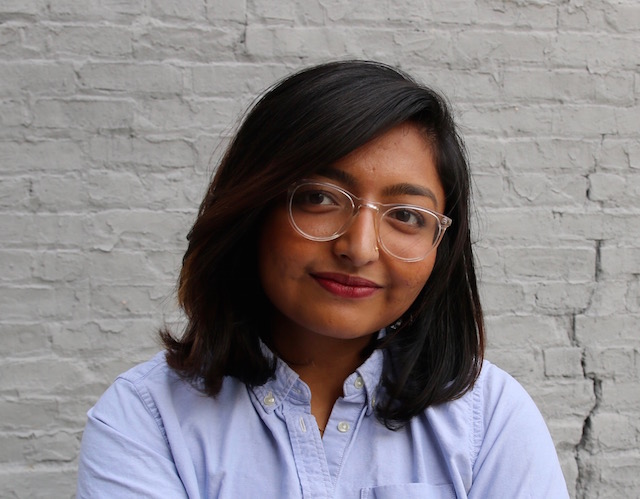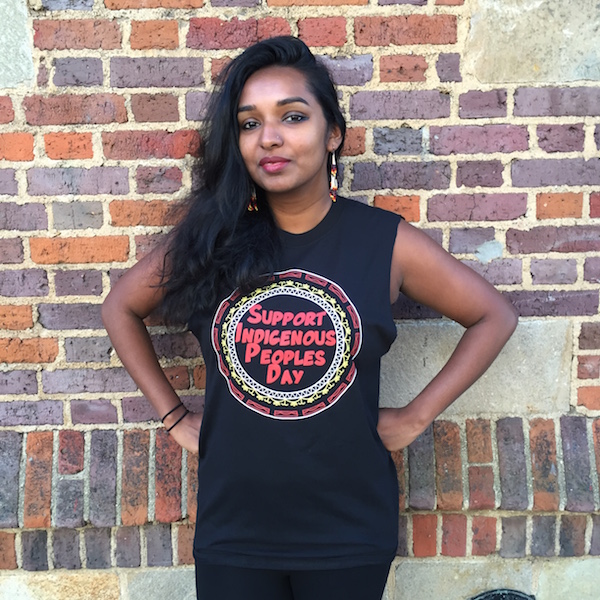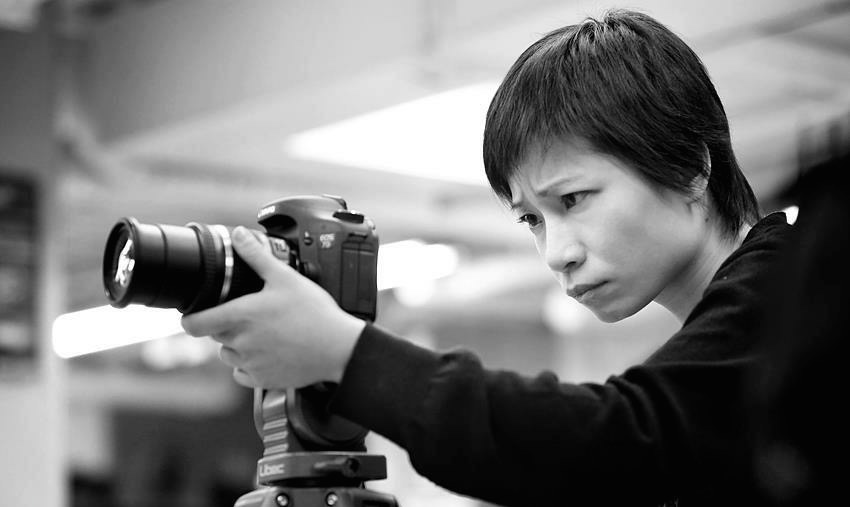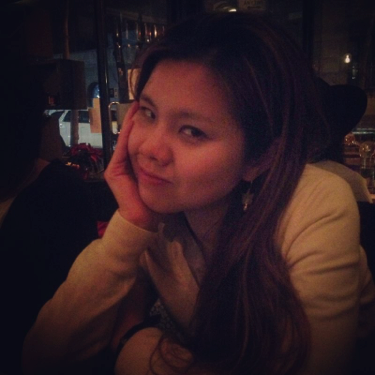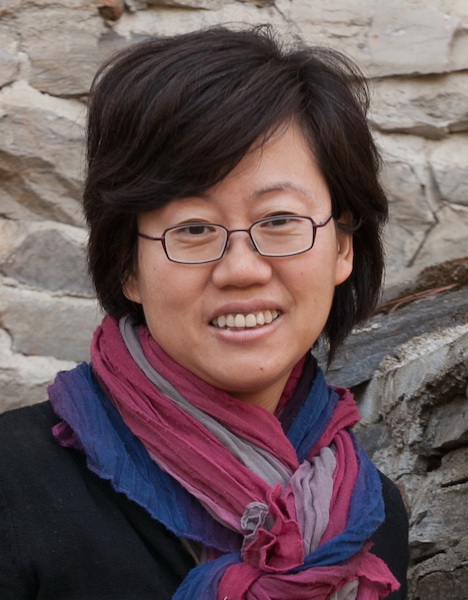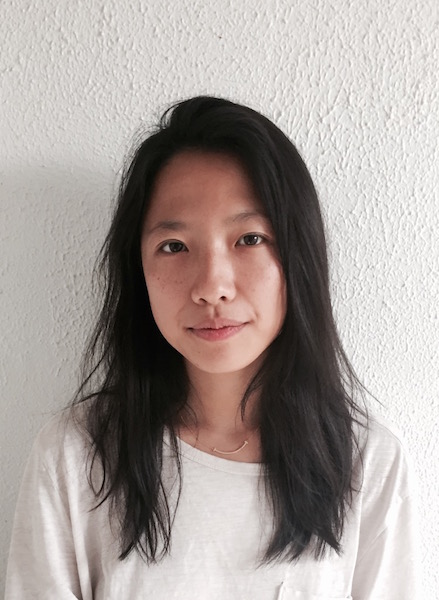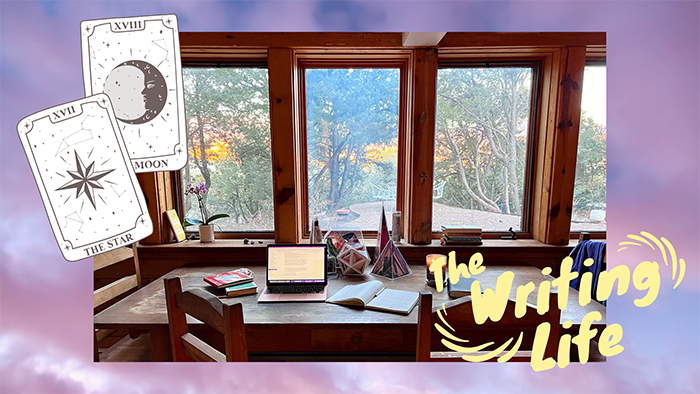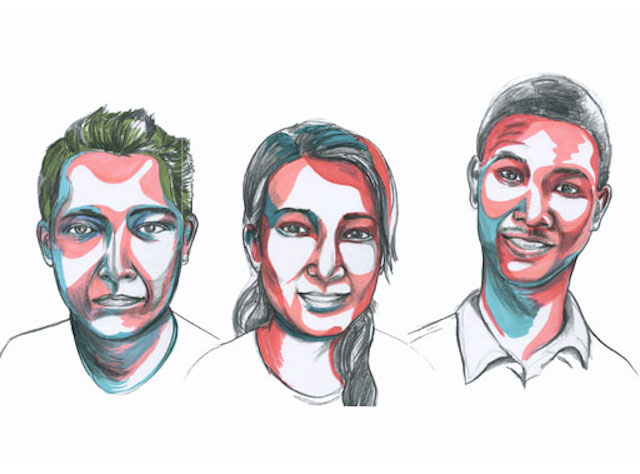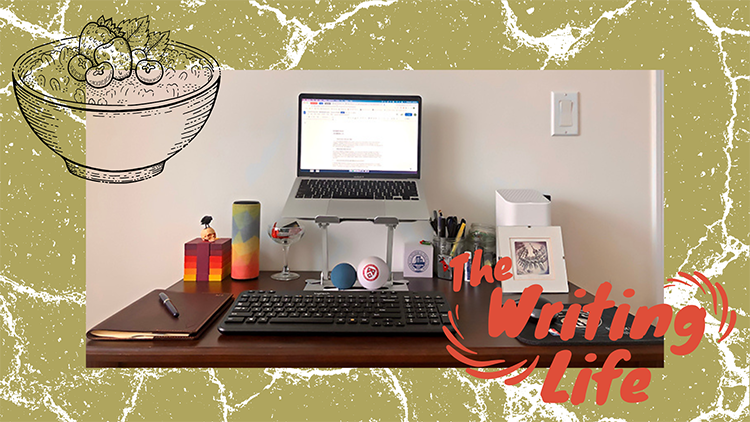Follow the work of these ten writers in our online magazines.

March 25, 2016
Last fall, the Asian American Writers’ Workshop received more than 100 applications for our fellowships supporting emerging Asian American writers based in New York City. We spent weeks glued to riveting writing samples. We brought in a team of outside judges—including established writers, board members, and former fellows—to help us deliberate over candidates. And we held interviews with finalists, talking to them about everything from the soundtracks that NYC taxicab drivers play and Chinese street artists in Times Square, to what it means to queer Greek mythological monsters or write the lyric essay as a radical form.
In a time when nearly 90% of the books reviewed in the New York Times are written by white men, our fellowships materially improve the lives of emerging writers of color through an innovative mix of re-granting, publication, and career development. Since 2010, we have re-granted $96,500 to 24 emerging Asian American fellows. The Margins Fellowship incubates emerging Asian American creative writers, while the Open City Fellowship fosters Asian American writers covering inequality in low-income Asian immigrant neighborhoods in New York City. Taken together, these fellowships articulate our wide vision of Asian American writing as combining both excellent literary fiction and poetry and the stories directly from our community.
We’re thrilled to announce our 2016 Open City and Margins Fellows. These writers will be incubated at the Asian American Writers’ Workshop and you’ll be able to follow their work here in our online magazines.
Interested in applying for one of our fellowships? We hope to re-open applications for The Margins Fellowship in July 2016 and for the next six-month term of Open City Fellows in April 2016.
We thank the generous support of our funders: the Nathan Cummings Foundation, the Surdna Foundation, the Jerome Foundation, the New York Community Trust, the New York State Council for the Arts, the New York City Department of Cultural Affairs,the C.J. Huang Foundation, and Amazon.
SPRING 2016 OPEN CITY FELLOWS
SPRING 2016 OPEN CITY LANGUAGE JUSTICE FELLOWS
2016 MARGINS FELLOWS
SPRING 2016 OPEN CITY FELLOWS
Beginning in 2011, we launched Open City, an unparalleled digital journalism initiative to help tell the stories of low-income Asian immigrant neighborhoods across New York City, and with it the Open City Fellowship, which supports and trains writers to craft narratively driven creative nonfiction and reportage about issues that matter to the 1.6 million Asian immigrants who call the five boroughs home. Open City Fellows have covered the stories of Chinatown residents during Hurricane Sandy, the history of Finnish housing co-ops in Sunset Park, stop-and-frisk in Jackson Heights, why the owner of the best dumpling house in NYC still only breaks even, the Indo-Guyanese love of country music in Richmond Hill, and story of the first Chinese family in Flushing.
As Open City enters its fifth year, we have modified our program to try to be more accountable to the communities we serve. Rather than receiving a full year-long fellowship, the following three fellows will spend six months developing place-based reported stories from NYC immigrant neighborhoods. They will receive $2,500, publication in Open City magazine, and career development opportunities. Learn more about them and the projects they’ll be working on, and check back on Open City to read their work.
Jai Dulani
Jai Dulani will cover issues impacting South Asian immigrants in Jackson Heights, such as policing and gentrification as well as issues around gender, labor, and LGBT rights.
He is a writer and multimedia artist who has worked for racial and gender justice at the intersections of LGBTQ, youth, immigrant justice and anti-violence movements for over a decade in New York City. He is co-editor of the anthology The Revolution Starts At Home: Confronting Intimate Violence in Activist Communities.
An interdisciplinary storyteller, Dulani has been a Kundiman Asian American Poet Fellow, a VONA/ Voices Fellow, and a BCAT/Rotunda Gallery Multi-Media Artist-in-Residence. His work has appeared in SAMAR, bustingbinaries, Black Girl Dangerous, and the anthology Experiments in a Jazz Aesthetic: Art, Activism, Academics and the Austin Project. Dulani holds a B.A. from Oberlin College in a self-designed major, Art for Social Change.
Rahimon Nasa
Rahimon Nasa is interested in covering the defiant ways in which immigrant communities carve out a home and local culture in an unfamiliar place. She will cover the Bengali communities in Parkchester and Castle Hill. She plans to write about how Bengali grocery stores helped transform these neighborhoods, and how eyebrow-threading salons are providing Bengali women with opportunities to break out of the stereotype of women having no place outside the home.
Rahimon was born in Dhaka, immigrated to Queens, learned to tell stories in Syracuse, and now writes in the Bronx. She has written about the immigrant communities in New York City for the Manhattan Times, the Bronx Free Press and Voices of New York. She was a 2015 fellow at the Knight Foundation-funded CUNY Graduate School of Journalism summer diversity fellowship.
Thanu Yakupitiyage
Thanu Yakupitiyage will write about the Sri Lankan communities in Tompkinsville, Staten Island. In between her commute between Staten Island and Brooklyn, Thanu plans to collect and make a mixtape of the music and sounds that immigrant taxi drivers in the city are listening to along with the stories that go along with them.
Thanu is a Sri Lankan-born, Thailand-raised, Brooklyn-living artist. She is an immigrant rights activist, media professional, and DJ in New York City. Thanu leads communications for the New York Immigration Coalition. She is also a cultural organizer and deejays with the stage name “Ushka”, combining her interests in the arts, music, and culture as a tool for advancing immigrant rights and organizing.
The popularity of Thanu’s mixtapes, including “Foreign Brown” and “What Edward Said”, led to her inclusion in a 2013 list of favorite female deejays by VICE magazine. Her writing has been published in Hyphen magazine, Colorlines, Huffington Post, Racialicious.com, Okayplayer, and Dutty Artz. You can find on her on the interwebs via twitter and instagram at @ty_ushka.
Thanu holds a bachelor’s degree from Hampshire College and a graduate degree in communications from University of Massachusetts Amherst.
SPRING 2016 OPEN CITY LANGUAGE JUSTICE FELLOWS
This year, tied to Open City, we created an altogether new opportunity: the Language Justice Fellowship, a grant offered with the goal of supporting Asian-language immigrant journalists looking to write longform, narratively-driven reported features about the very NYC immigrant communities they have covered for years in Asian-language ethnic news media outlets. In this inaugural year, applications for the Language Justice Fellowship were selected by nomination from Asian American community members. AAWW would like to thank our partners at CUNY’s Center for Community and Ethnic Media, The World Journal, and Sing Tao Daily. The following three fellows will spend six months developing reported stories from New York City’s Chinatowns and beyond. They will receive $2,500, publication in Open City magazine, and career development training.
Liz Chow
Born and raised in Hong Kong, Liz Chow will cover Sunset Park and Chinatown for Open City. She plans to write a series on Chinese grandmothers who were brought to Brooklyn by their daughters to help care for the latter’s young children.
She came to New York in 2003 and worked as a reporter for Sing Tao Daily, where she won numerous awards for her reporting on immigration issues. She holds a Master of Arts in Media Studies from the State University of NY at Buffalo. Her MFA thesis was the feature-length documentary, “Hula,” which tells the story of an Iraqi refugee and her family and their first year in the United States. The film won awards at the Oregon Film Festival and the LA New Wave Film Festival.
Liz also freelanced as a filmmaker, documenting art installations and events as well as directing various TV projects. The first was a 12-part series on Chinese artists living in NYC which premiered on Phoenix Television in 2012. In August of 2015, she completed a half-hour documentary about an extreme runner from Hong Kong and his experiences racing in Ecuador. Currently, she is finishing a half- hour television series on the invasive Asian carp for RTHK.
Yichen Tu
Yichen Tu will cover Flushing for Open City and plans to write about immigrant commercial sex workers in the neighborhood.
She is a New York City-based freelance writer, documentarian, and amateur photographer. She was a staff reporter for World Journal, covering issues about the Chinese immigrant community in New York City. Originally from Taiwan, Yichen immigrated to the United States in 2008. She received her Bachelor of Fine Arts degree in Film Studies from National Taiwan University of Arts and a Master of Urban Planning from Hunter College.
As an immigrant herself, her work has centered on telling stories about the Chinese immigrant community. She was part of the team that wrote “New York City’s Chinatown Ten Years After 9/11,” which won the Best Investigative and In-Depth article at the 2012 Ippies Awards.
Her documentary, “Chef Jan’s American Dream,” won an Excellent Work Award from the 2015 Macroview TV contest.
Rong Xiaoqing
Rong Xiaoqing will cover Chinatown and plans to write about Chinese street artists in and around Times Square and why Chinese restaurants may soon be a rarity in the city.
She is a reporter for the Chinese-language Sing Tao Daily in New York. She also writes for various English and Chinese language publications in the U.S. and China, including the New York Daily News, the South China Morning Post and China Newsweek. She writes columns for Fortune magazine’s Chinese edition, Global Times’ English edition and Tencent website.
Rong has won multiple awards from the City University of New York’s Graduate School of Journalism, New America Media, the Society of Professional Journalists, and the Deadline Club. She was a grant recipient of the Fund for Investigative Journalism and the California Health Endowment.
2016 MARGINS FELLOWS
Ever since AAWW was founded in 1991, we have been supporting Asian American writers through public programs, publication opportunities, and fellowships. From 1993 to 2005, we granted the Van Lier fellowship to three creative writers annually. Past Van Lier Fellows included Cathy Park Hong, Tina Chang, Monique Truong, Ava Chin, Monica Ferrell, and Lisa Ko.
Last year, we revived this fellowship and launched The Margins Fellowship, an opportunity for emerging Asian American creative writers to build a home for their writing in AAWW’s online magazine The Margins and receive guidance and support from the AAWW family. This year, four Margins Fellows will develop a body of work in fiction, poetry, or creative nonfiction around a project they have proposed. Each will receive a $5,000 grant, publication opportunities in The Margins, residency time at the Millay Colony for the Arts, writing space at AAWW’s offices in the Flatiron, and guidance and mentorship from writers and editors. Look out for their work in the magazine this year!
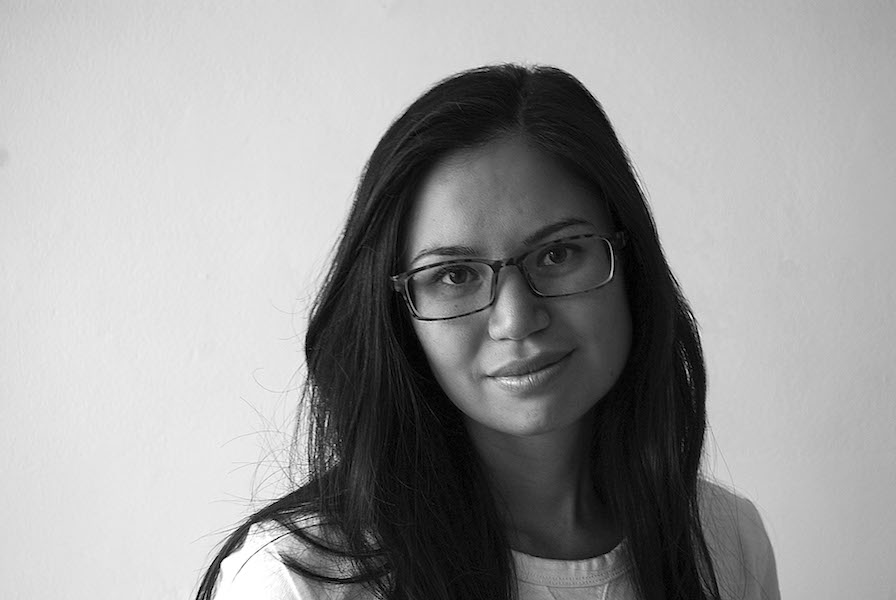
Jen Hyde
Jen Hyde was born to an Indo-Chinese mother and German-American father in Anaheim, California. She came into the world without a pulmonary valve. After an open-heart surgery at the age of two, and twelve years in Catholic school, she moved to Brooklyn, where she received her BFA in creative writing from Pratt Institute. In the summer between her first and second year as an MFA student at New York University, she received a bovine heart valve via a second open-heart surgery. She has lived and worked in China twice in her life, most recently as a Global Academic Fellow in Writing at NYU Shanghai, where she wrote her first collection of poems Hua Shi Hua (画诗华), a collection of generative translations and new poems forthcoming from Ahsahta Press.
Since returning from Shanghai, her work has shifted in focus to herself; using her body as the body of research, she presently seeks to make visible the immigrant women who stitched her bovine heart valve, a form of medical technology that is approximately as old as she is. As a poet working at the intersection of lyrical poetry and generative translation, often responding to the manufactured environment, Jen will gathers doctors, valve manufacturers, and patients together to intellectually and emotionally engage with “research.” Through this work, she will write the experience impossible to include in a medical context.
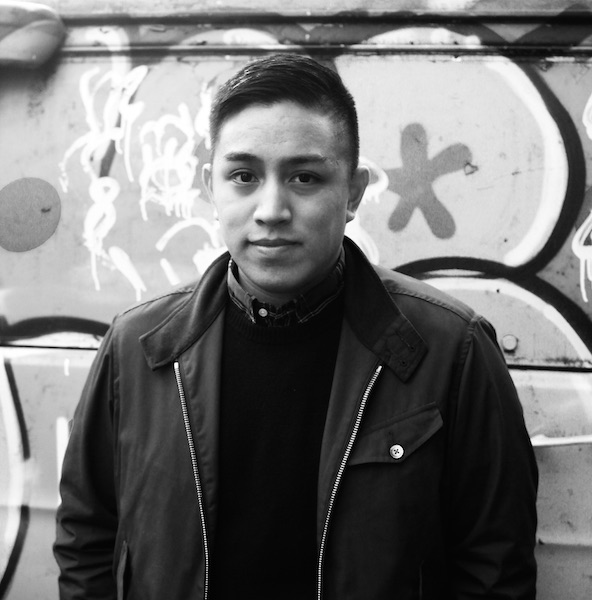
Vt Hung
Vt Hung is a Vietnamese American fiction writer who was born in Dorchester, MA and currently lives in Washington Heights.
He received his education from Boston and Randolph Public Schools, Boston College High School, Boston College, the Lynch School of Education, WGBH-TV Channel 2, and the Boston Public Library. His parents are boat people who, with his godparents, opened the first Vietnamese grocery store in Boston. He’s worked as a paperboy, dishwasher, librarian, cashier, gas attendant, auto body repairman, retail sales associate, pastry chef, food truck driver, line cook, restaurant server, administrative assistant, and teacher.
Vt is writing a collection of short stories about Vietnamese refugees and immigrants living in Boston. His work seeks to retrace memories, construct alternative narratives, recognize porous cultural borders, explore overlapping histories, and make connections across racial boundaries. He is interested in race, gender, class, and popular culture.
He is a Kundiman Fiction Fellow and his story “You Are Nothing But a Dog” appeared in the Asian American Writers’ Workshop’s The Margins. It is about a single mother and her son and deals with themes of loss, loneliness, and the exploitation of women and their labor.
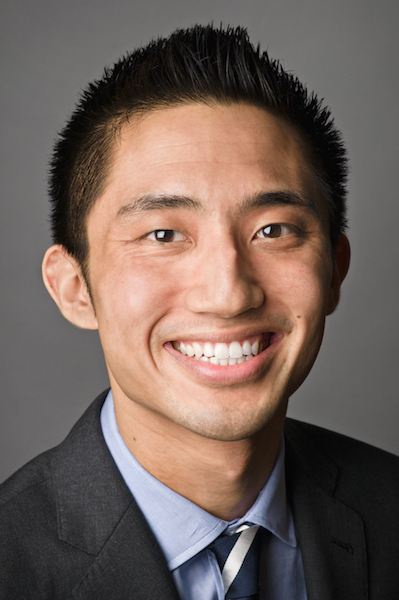
Steven Tagle
Steven Tagle is a California-born fiction writer and filmmaker, the son of Chinese and Filipino immigrants. As an adolescent, he feared that being gay would bring shame to his family, so he embodied the stereotype of the Asian overachiever: National Merit Scholar, newspaper editor, literary magazine editor in chief.
Adapting the Filipino verb for coming out, Steven writes to ladlad: to unfurl, to unveil. Influenced by Greek tragedy, chamber opera, and the Gothic, his work explores the boundaries between one state and another, between one being and another, which vibrate with loss and longing.
Steven’s writing has been published in Spork and The Rumpus, and his films have aired on Feeln and Current TV. Supported by a Soros Fellowship for New Americans, he received his MFA from the University of Massachusetts Amherst, where he won the Harvey Swados Fiction Prize and the Deborah Slosberg Memorial Award in Fiction. A Lambda Literary Fellow, he serves as Podcast Editor for The Common and on staff at the DISQUIET International Literary Program in Lisbon, Portugal.
Steven’s current project revolves around the rewriting of Greek and Filipino myths that imagine monsters and monstrous acts. Monsters are primal human projections; they are what we call the unknown, misunderstood, and feared other. Throughout history, both immigrants and queer people have braved this label. Steven is interested in how mythological monsters embody perceived threats and moral codes within cultures. His stories will push at the formal limits of myth to articulate alternative perspectives, blurring the lines between folklore and memoir, cruelty and intimacy, passivity and control.
Wei Tchou
Wei Tchou is on the editorial staff of The New Yorker. She has an MFA in creative writing from Hunter College and has previously written and reported for Slate Magazine and Serious Eats. She is interested in the many ways we write and think about nonfiction.
Wei plans on spending this year finishing a book of non-narrative essays about her family. She hopes to explore the way illness and alienation affect a person’s identity and relationship to relatives and to their past. She is particularly interested in the lyric essay form for its ability to accommodate a range of ideas and writing styles, and for offering a better way of saying what you mean without having to say exactly what you mean.
Last year, she reported a story for Serious Eats about baijiu, Chinese liquor. This year, she wrote a review in The New Yorker of a bar that serves it.

